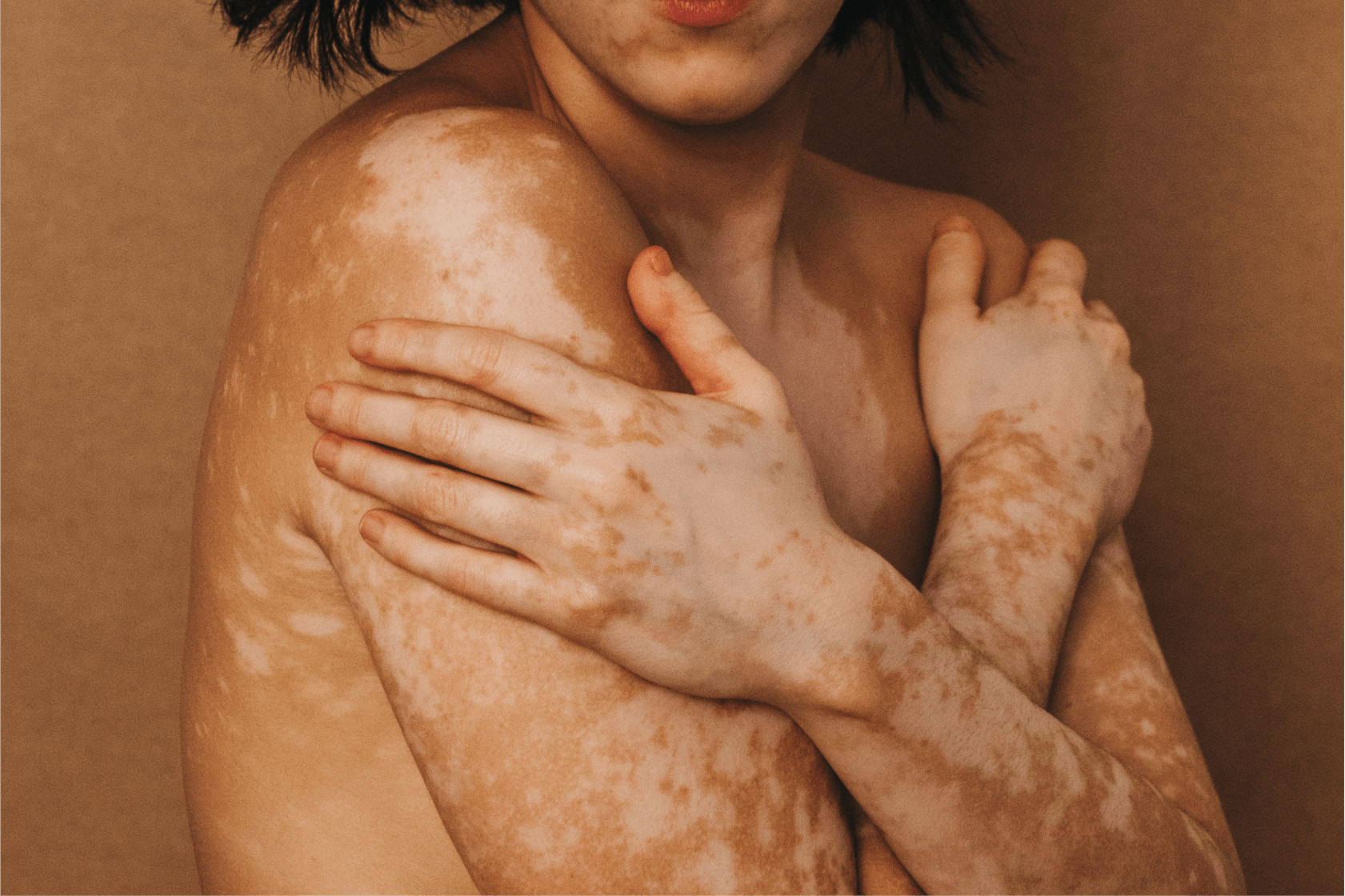
Breast Density: What Does it REALLY Mean

Did you know that almost 50% of women are diagnosed with dense breast tissue? Yes, it’s THAT common! Did you know that having dense breast tissue can increase your risk for breast cancer? Did you know that it wasn’t until March of this year (2023) when the Food and Drug Administration (FDA) published a rule stating that mammogram reports MUST include breast density. Up until the ruling was passed, it was up to each state to determine whether or not breast density should be included in the report 🤯. Now that the reporting systems will finally be on the same page, Gabbi wants all women to understand that knowing if their breast tissue is dense or not is critically important.
In this post, we will explore what breast density is, how it is measured, and how it affects a woman's risk for breast cancer.
What Is Breast Density?
Our breasts are made up of several different types of tissues including fatty tissue, glandular tissue (milk ducts and lobules), and fibrous connective tissue. The diagnosis of dense breast tissue is typically made after a woman has a mammogram. The mammogram (an x-ray picture of the breast) assesses the breast tissue and categorizes it into four levels:
- Fatty Breast: The breast consists mainly of fat tissue, with very little glandular tissue. This is considered low breast density.
- Scattered Fibroglandular Density: The breast has a mix of fatty and glandular tissue. This is also considered low breast density.
- Heterogeneously Dense (about 40% of women have this diagnosis): The breast contains more glandular tissue than fatty tissue. This is moderate breast density.
- Extremely Dense (about 10% of women have this diagnosis): The breast has a high proportion of glandular tissue and very little fat. This is considered high breast density.
Can Breast Density Affect Breast Cancer Risk?
Yes! While having dense breast tissue is quite common and not an abnormal breast condition, breast density is one of the many risk factors that can affect a woman’s risk of breast cancer. Let’s look at the reasons why:
- Increased Cancer Risk: Women with heterogeneously dense or extremely dense breasts are more likely to develop breast cancer than those with mostly fatty or scattered fibroglandular density. Dense breast tissue can mask the appearance of tumors on mammograms, delaying diagnosis and treatment.
- Reduced Sensitivity of Mammograms: Mammograms are less sensitive in detecting tumors in dense breast tissue. This reduced sensitivity can lead to delayed diagnosis and treatment, potentially allowing cancer to advance to more advanced stages.
- Risk of Interval Cancers: Interval cancers are cancers that develop between regular screening mammograms. Women with dense breasts are more likely to experience interval cancers because tumors can be missed on routine screenings.
- Additional Screening Recommendations: In some cases, women with dense breasts may be recommended to undergo additional breast cancer screening methods, such as breast ultrasound or magnetic resonance imaging (MRI), to increase the chances of early detection.
- Personalized Risk Assessment: Breast density is just one factor among many that contribute to breast cancer risk. A comprehensive assessment of an individual's risk takes into account family history, genetic factors, lifestyle, and other variables.
What does this mean for me?
It is very important to keep in mind that while mammograms are not as sensitive in women with dense breasts, they ARE still important. Mammograms can detect things such as microcalcifications (potentially associated with breast cancer) which other imaging studies such as breast MRIs cannot detect. However, because mammograms are less sensitive, adjunct (or added) screening methods such as breast MRIs (which are better at detecting small tumors in women with dense breast tissue) may be needed.
Breast density is often inherited, and in most women breasts become less dense with age.
Regular breast cancer screenings, maintaining a healthy lifestyle, and understanding one's family history are all vital steps in breast cancer prevention and early detection. By staying informed and proactive, women can take control of their breast health and reduce their risk of breast cancer.
Take your breast health into your own hands.
Start with Gabbi's risk assessment.
Shelly Beckley is a dedicated healthcare professional with a strong background in oncology and over a decade of experience as a nurse practitioner. She holds a Master of Science in Nursing from MGH Institute of Health Professions in Boston, with direct experience in cancer care and patient advocacy. Her broad scope in breast health spans from counseling women who are at high-risk to the diagnosis, treatment, and survivorship in breast cancer. Shelly is passionate about improving healthcare outcomes and plays an active role in quality improvement initiatives for cancer care. She also leads the clinical team at Gabbi, a leading healthcare company working to make late-stage breast cancer obsolete.